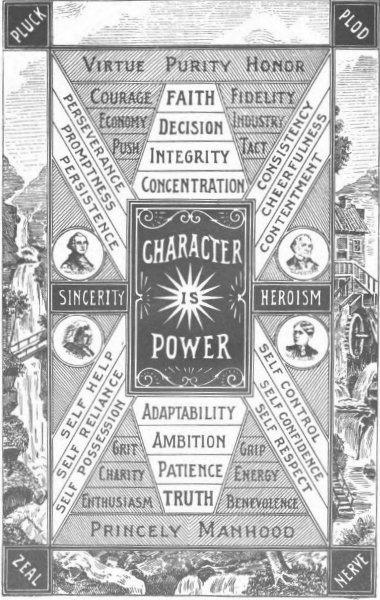usmbguest5318
Gold Member
Lawrence Reed, speaking at the Foundation for Economics Education, correctly identifies what is the most defining cause of a nation's demise and fall. He does so at the start of the video, but he expounds on the idea at the end beginning at 14:00.
I fully agree with Reed. There're no shortage of my posts that point to the same thing as being what's wrong with all manners of things.
Thread topic: that which Reed identifies as the most important aspect of civilization.
I fully agree with Reed. There're no shortage of my posts that point to the same thing as being what's wrong with all manners of things.
Thread topic: that which Reed identifies as the most important aspect of civilization.


